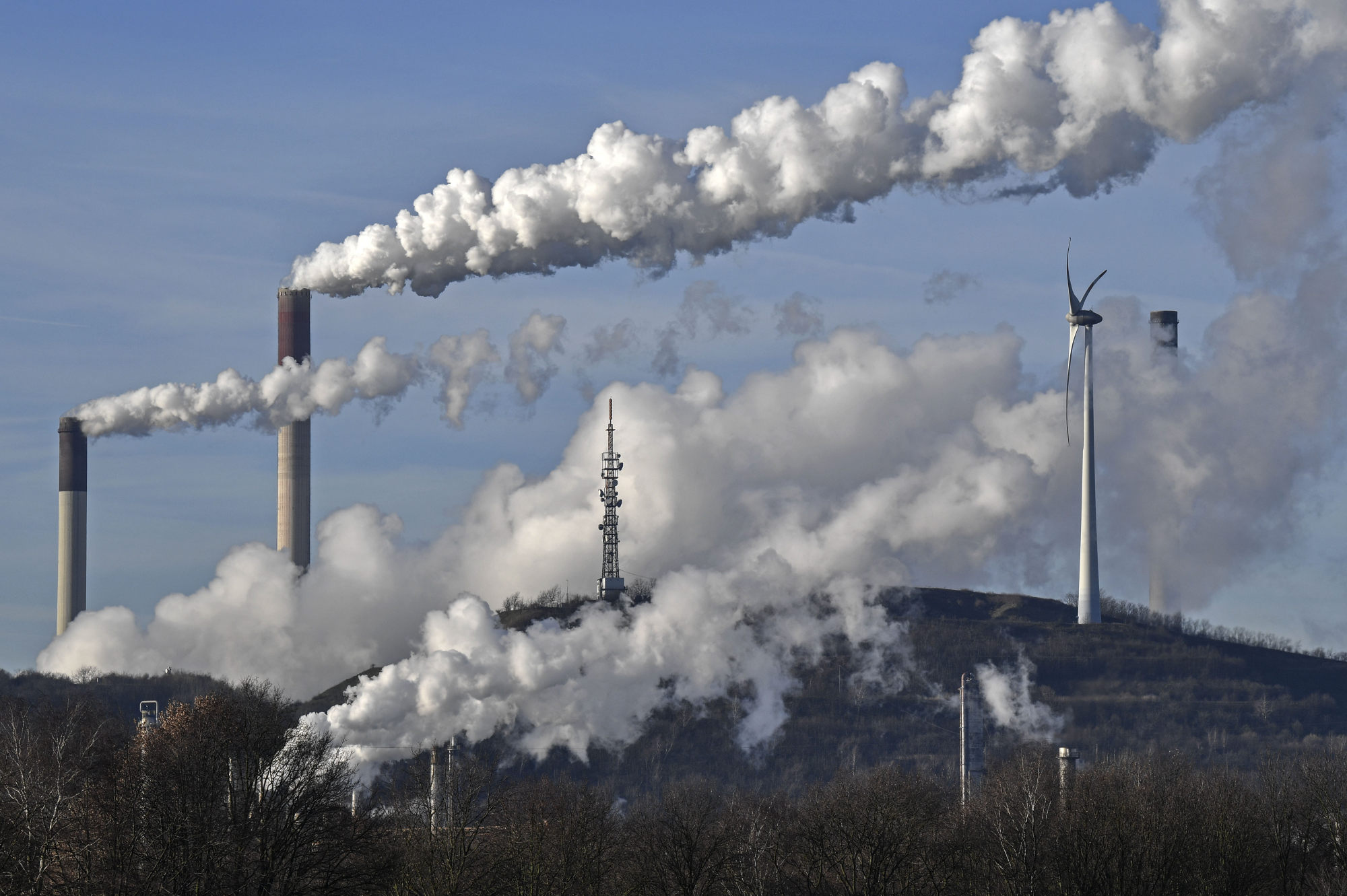The United Nations’ 2050 goal for net zero carbon emissions is in danger because companies see inadequate returns from investments related to the transition, according to a survey of energy and natural resources executives by US consultancy Bain & Company.
It will be 2060 or later when the world achieves net zero, according to 62 per cent of the more than 600 executives in the oil and gas, utilities, chemicals, mining, and agribusiness sectors, whom Bain surveyed about the energy transition, investment opportunities and challenges for decarbonisation. A year ago, only 54 per cent held that view.
The pessimistic outlook, which is consistent across all regions and strongest among oil and gas executives, exists even though the survey respondents are maintaining or increasing investments in their transition-oriented growth businesses, such as renewables, hydrogen, bio-based products, lithium and other transition commodities.
“Clearly, the longer the executives are at the front lines of the energy transition, the more sober they are getting about the transition’s practical realities,” said Joe Scalise, head of Bain’s energy and natural resource practice, based in San Francisco.

Simply put, customers’ willingness to pay for these investments is a growing issue, according to the survey. “As a result, companies are focusing on projects with a viable ROI [return on investment] path,” Scalise said.
Finding enough customers willing to pay higher prices is the greatest obstacle to scaling up transition-oriented businesses, according to 70 per cent of the respondents – a significant jump from 56 per cent a year earlier.
“The direct impact of higher interest rates on the cost of transition projects is one of the most important stories of 2023 and is likely shaping executives’ perspective on the challenges associated with customer willingness to pay,” said Grant Dougans, a leader of Bain’s energy and natural resource practice, based in Washington. “Higher rates put real upwards pressure on the effective cost of low carbon projects.”
China’s sustainability funds have tripled since launch of climate goals: Morningstar
China’s sustainability funds have tripled since launch of climate goals: Morningstar
The survey results come as international oil firms are facing criticism for scaling back their climate pledges to increase payouts to shareholders. Oil giant Shell announced on Thursday that it would relax its 2030 emission-reduction target from 20 per cent to between 15 and 20 per cent while scrapping its 2035 target of a 45 per cent reduction.
Last February, British oil company BP also dialled back its climate pledge by announcing a new target of a 20 to 30 per cent emission cut by 2030, after previously promising a 35 to 40 per cent cutback.
“By lowering its already weak ambition, Shell is at odds with global momentum towards net zero goals and is further exposing its investors to unnecessary risks through the energy transition,” Nick Spooner, UK company strategy lead at the non-profit Australasian Centre for Corporate Responsibility, said on Thursday.
“The continued promotion of liquid natural gas [LNG] is at odds with the goals of the Paris Agreement. Investors should be concerned about this misallocation of capital, and increasing insistence on LNG as a transition fuel, which makes little sense when there are cheaper, cleaner and faster-to-deploy alternatives available.”

